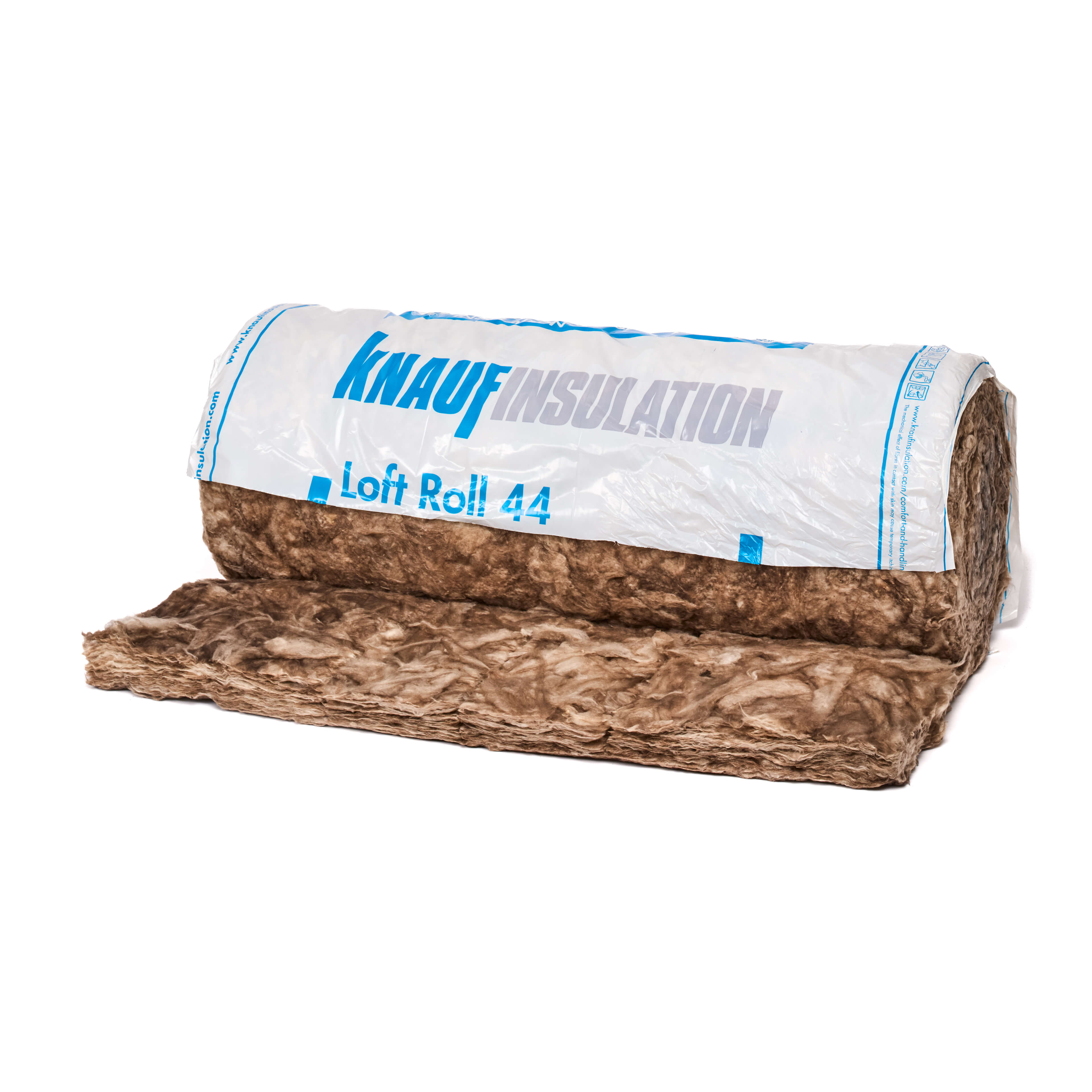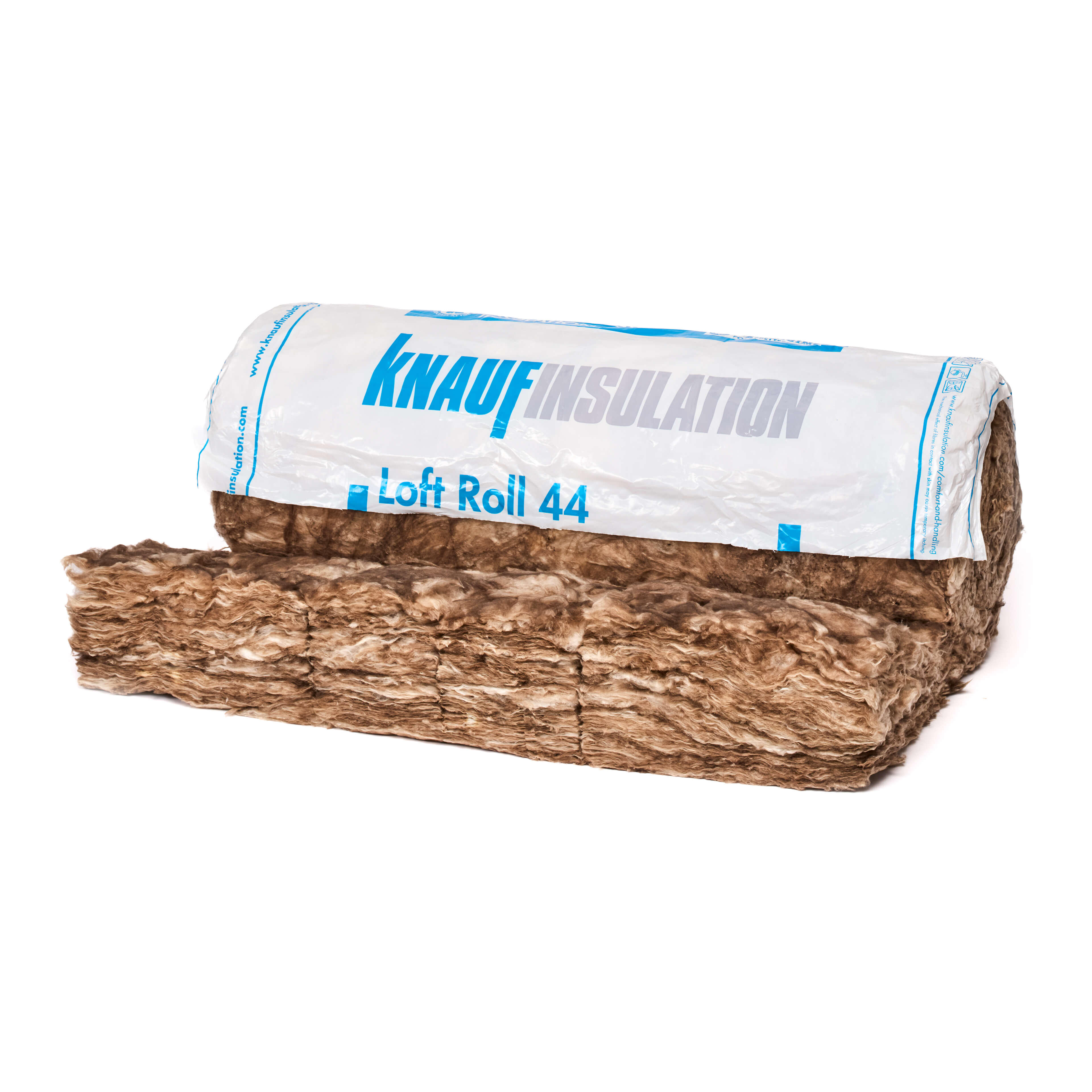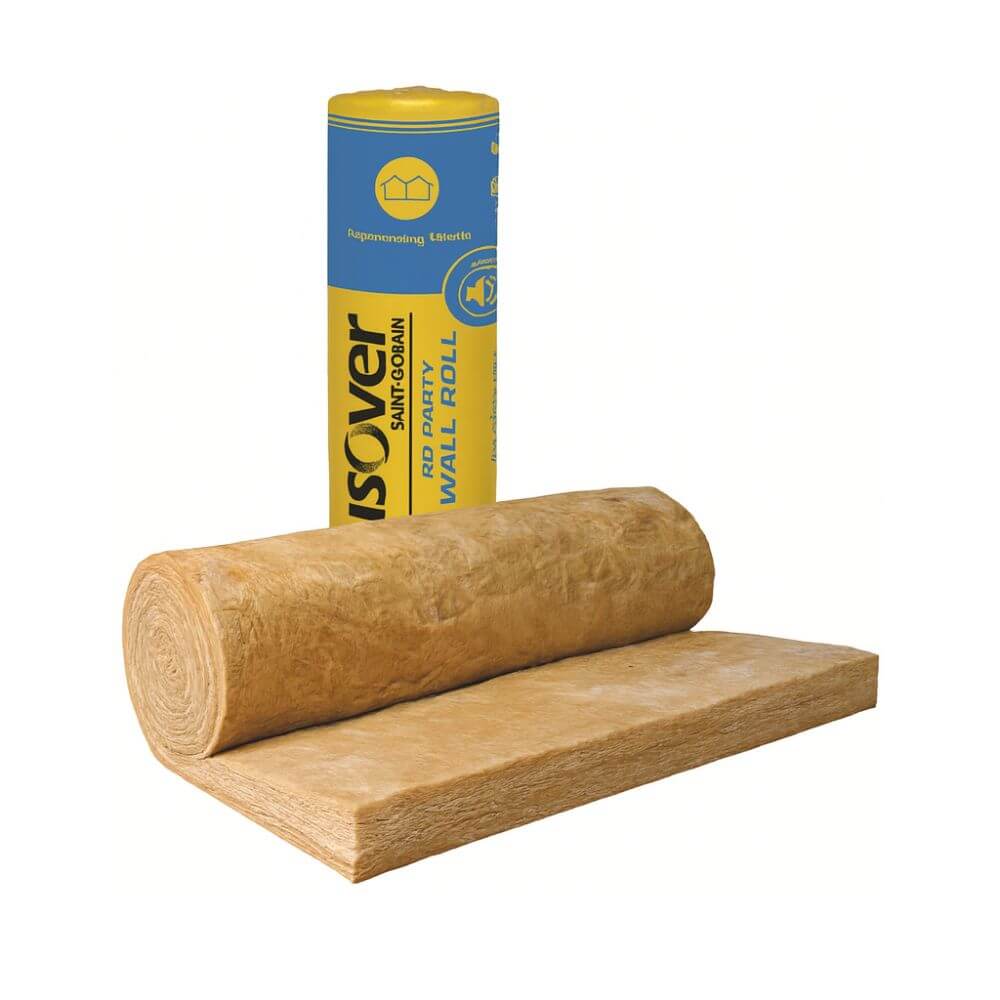Insulation Rolls
(24 Products)What are Insulation Rolls?
Insulation rolls are flexible, fibrous materials, typically supplied in large, continuous lengths. This allows for efficient, customisable cutting on-site. They are ideal for covering expansive, unobstructed areas such as lofts, unconverted attics, and the spaces between timber joists or studs in walls and floors.
The enduring value of insulation rolls lies in their fundamental function: establishing a robust, long-lasting thermal barrier.
By trapping air within their fibrous matrix, they consistently impede heat transfer. This means, year after year, in colder months, the heat generated by your systems is retained, preventing costly escape.
When temperatures rise, insulation rolls form an effective thermal buffer, limiting heat gain through the building envelope. The indoor climate remains steady, so air-conditioning cycles less often, and energy costs fall - benefits that endure for the life of the building.
Two Forms of Mineral Wool
Mineral-wool products are manufactured in glass and rock variants. Both deliver excellent thermal resistance and sound absorption, yet their distinct fibre structures make each better suited to particular applications.
Glass Mineral Wool
Produced from recycled glass spun into fine, flexible fibres, glass wool traps millions of minute air pockets. This low-density matrix excels at slowing heat flow, making it the preferred option when maximum thermal performance and ease of handling are essential.
- Loft and attic spaces - Between and over joists
- Timber-frame wall cavities - Lightweight rolls slot in quickly
- Pitched roofs - Between rafters to meet tight U-value targets
Flexible rolls cut cleanly with a utility knife and friction-fit between structural members, reducing labour time.
Rock Mineral Wool
Rock-wool batts start life as volcanic rock that’s melted and spun into a thick, springy blanket. Its increased density significantly improves sound absorption and compressive strength while still maintaining excellent thermal insulation performance.
Room-to-room partitions - Quietens voices and TV chatter
Timber or suspended floors - Cushions footfall and airborne sound
Cavity walls - Teams thermal control with built-in fire resistance
When projects carry strict acoustic or fire-safety targets, boards like Rockwool RWA45 tend to top the spec sheet.
Shared Advantages
- Non-combustible - Euroclass A1
- Easy to trim - Score, snap, push into place; no special kit
- Set-and-forget - Won’t slump or lose performance over decades
Pick glass wool when every gram and U-value counts; choose rock wool when density, quiet, or extra fire protection tips the scales. Either way, you end up with a tighter, safer, cheaper-to-run building.
Typical Applications
- Timber-frame separating walls
- External timber-frame walls
- Internal timber floors
- Internal concrete floors
- Separating floors
- Roof junctions
- Stud partitions
Core Benefits
- Cuts heat loss, trims energy bills
- Keeps indoor temps steady
- Mutes noise
- Resists moisture
- Boosts fire safety
- Installs fast
- Lasts the life of the building
- High recycled content
Cutting Insulation Roll
- Set up on a flat surface (plywood on trestles works).
- Gear up - gloves, long sleeves, mask, goggles.
- Measure & mark the length with a tape and felt-tip.
- Straightedge on the line, score with a sharp utility knife.
- Flex and finish the cut for a clean edge.
Frequently Asked Insulation Rolls Questions
How Do I Choose the Right Thickness for Insulation Rolls?
The right thickness of insulation depends on the level of thermal performance you need, which varies based on your climate zone and the part of the house you are insulating.
Lower thermal conductivity values indicate better insulating properties and are recommended for colder climates.
Can Insulation Rolls Be Used in Any Part of a Home?
Yes, insulation rolls can be used in various parts of a home, including attics, walls, and crawl spaces. Ensure the insulation material is suitable for the specific application, especially concerning moisture and fire resistance.
How Do I Install Insulation Rolls?
To install insulation rolls, measure the area to be insulated, cut the insulation to size using a sharp utility knife and straightedge, and fit the insulation snugly between joists or studs.
Use staples to secure faced insulation rolls with a vapour barrier.
Can Insulation Rolls Be Layered for Extra Efficiency?
Yes, you can layer insulation rolls for improved thermal performance. Make sure that the combined thickness does not compress the underlying layers, as compression can reduce the overall effectiveness of the insulation.
Do Insulation Rolls Have a Shelf Life?
Insulation rolls do not have a specific shelf life as long as they are kept dry and are not mechanically compressed. Store them in a dry area to maintain their insulating effectiveness over time.
What Is the Difference Between Unfaced & Faced Insulation Rolls?
Faced insulation has a vapour barrier attached to one side, typically made of kraft paper or foil, which helps control moisture.
Unfaced insulation does not have this barrier and is used where vapour control is not necessary or when adding insulation to existing insulation.
What Tools Do I Need To Cut Insulation Rolls?
- Sharp utility knife
- Straightedge or ruler
- Tape measure
- Work gloves and safety goggles
- Dust mask or respirator

























